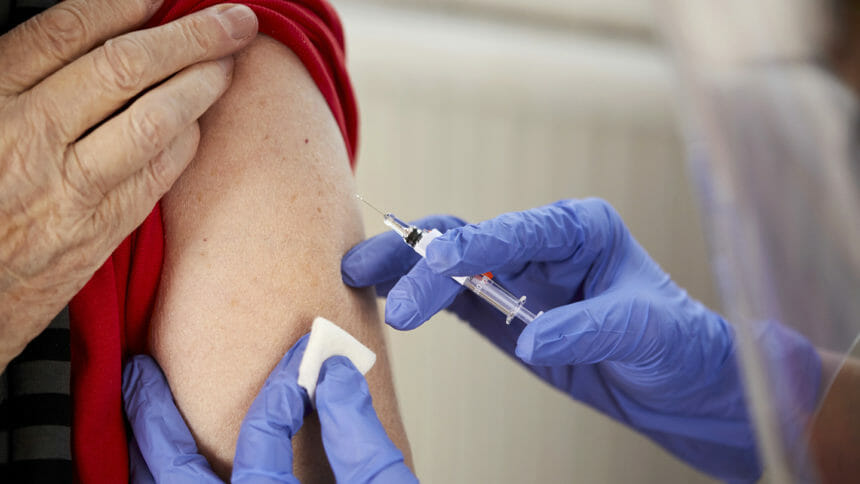
More than half of older adults surveyed in an AARP study said they were concerned about getting the flu, pneumonia or shingles. However, that concern didn’t necessarily translate into getting vaccinated for those illnesses.
In an online survey conducted last fall of 1,546 adults over the age of 40, 58% said they were concerned about getting the flu. More than two-thirds who had been vaccinated for the flu said they were still afraid of catching it, while nearly half who said they had not gotten vaccinated also feared they might contract the flu. Among those who had been vaccinated for shingles, nearly half still worried about reactivation of the shingles virus. And more than half of those who had not been vaccinated against shingles feared they could get shingles.
The reasons respondents gave for forgoing a vaccine varied by illness. The most cited reason for not getting vaccinated for the flu was the belief the vaccine could make you sick, while the most cited reason for not getting a shingles or pneumonia vaccine was that it simply is not needed.
People between the ages of 50 and 59 were more likely to get the shingles vaccine (61%) compared to those over the age of 60 (51%). Half of both age groups said they would get the pneumonia vaccine and less than one-third of both groups said they would get the flu vaccine if recommended by their healthcare provider.
The survey also found that healthcare providers remain the most trusted source of information about immunizations with people over the age of 60 (65%) being the most likely group to follow providers’ advice.
According to the Centers for Disease Control and Prevention, people over the age of 65 are more at risk from developing complications from the flu. The CDC estimates that group accounts for 70% to 85% of seasonal flu-related deaths annually.
The poll did not address the COVID-19 vaccine. However, adults over the age of 65 are the cohort most vaccinated for that virus, according to the CDC. More than 94% of that group has completed the primary series of vaccinations compared to nearly 80% of adults over the age of 18.



